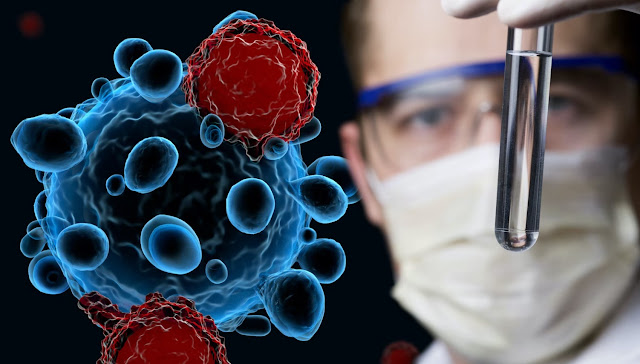Short Bowel Syndrome Arises When A Portion Of The Small Intestine Is Either Removed Surgically Or Damaged
 |
| Short Bowel Syndrome |
Short Bowel Syndrome (SBS) is a rare and complex medical condition that
arises when a significant portion of the small intestine is either removed
surgically or damaged due to disease. The small intestine is responsible for
the absorption of essential nutrients, water, and electrolytes from the food we
consume. When a substantial portion of this vital organ is compromised, it can
lead to malabsorption, dehydration, and malnutrition, causing significant
challenges for affected individuals.
The
most common cause of these Syndrome is surgical intervention. It may occur as a
result of bowel resection due to conditions such as Crohn's disease, intestinal
tumors, mesenteric ischemia, or traumatic injury. Additionally, congenital
defects or diseases like volvulus or gastroschisis can also lead to a short
bowel.
The
severity of Short Bowel
Syndrome largely depends on the
length of the remaining small intestine. Typically, if more than half of the
small intestine is removed or damaged, it can result in a higher risk of
complications. With reduced surface area for absorption, essential nutrients
like carbohydrates, proteins, fats, vitamins, and minerals are not adequately
absorbed, leading to malnutrition and various deficiencies.
The
hallmark symptoms of these Syndrome include chronic diarrhea, steatorrhea
(excess fat in the stool), abdominal pain, bloating, and fatigue. The diarrhea
is often persistent and can be life-threatening due to the rapid loss of fluids
and electrolytes. Dehydration is a significant concern, and patients may
require intravenous fluids to maintain adequate hydration.
To
manage Short Bowel Syndrome effectively,
patients often require a comprehensive and multidisciplinary approach.
Nutritional support plays a central role in treatment, with patients often
needing specialized diets and enteral nutrition (tube feeding) to ensure
adequate nutrient intake. In some cases, parenteral nutrition (IV feeding) may
be necessary if oral or enteral intake is insufficient. Monitoring of nutrient
levels and appropriate supplementation are crucial to prevent deficiencies and
promote overall health.
Intestinal
adaptation is another critical aspect of managing Bowel Syndrome. Over time, the
remaining small intestine can undergo adaptive changes that improve nutrient
absorption. This process involves hypertrophy of the intestinal villi, which
increases the surface area for nutrient absorption. However, the extent of this
adaptation can vary from person to person.
Medications
can also be prescribed to manage symptoms and improve nutrient absorption. For
instance, medications to slow down gut motility or reduce stomach acid
production may help alleviate diarrhea and improve nutrient uptake.
Compounding
Pharmacies represent pharmacies
that specialize in preparing custom medications for patients with specific
health needs or unique medical conditions. They collaborate closely with
healthcare providers to develop tailored formulations, which can include
adjusting ingredient concentrations or removing potential allergens, enhancing
medication safety and efficacy for patients.
In
some cases, surgical interventions such as intestinal lengthening procedures or
intestinal transplantation may be considered, but these are typically reserved
for severe cases that are unresponsive to other treatments. Living with Short Bowel Syndrome can be challenging
and necessitates ongoing medical care and support. Patients must work closely
with healthcare professionals, including gastroenterologists, dietitians, and
specialized nurses, to develop and maintain an individualized treatment plan.



Comments
Post a Comment